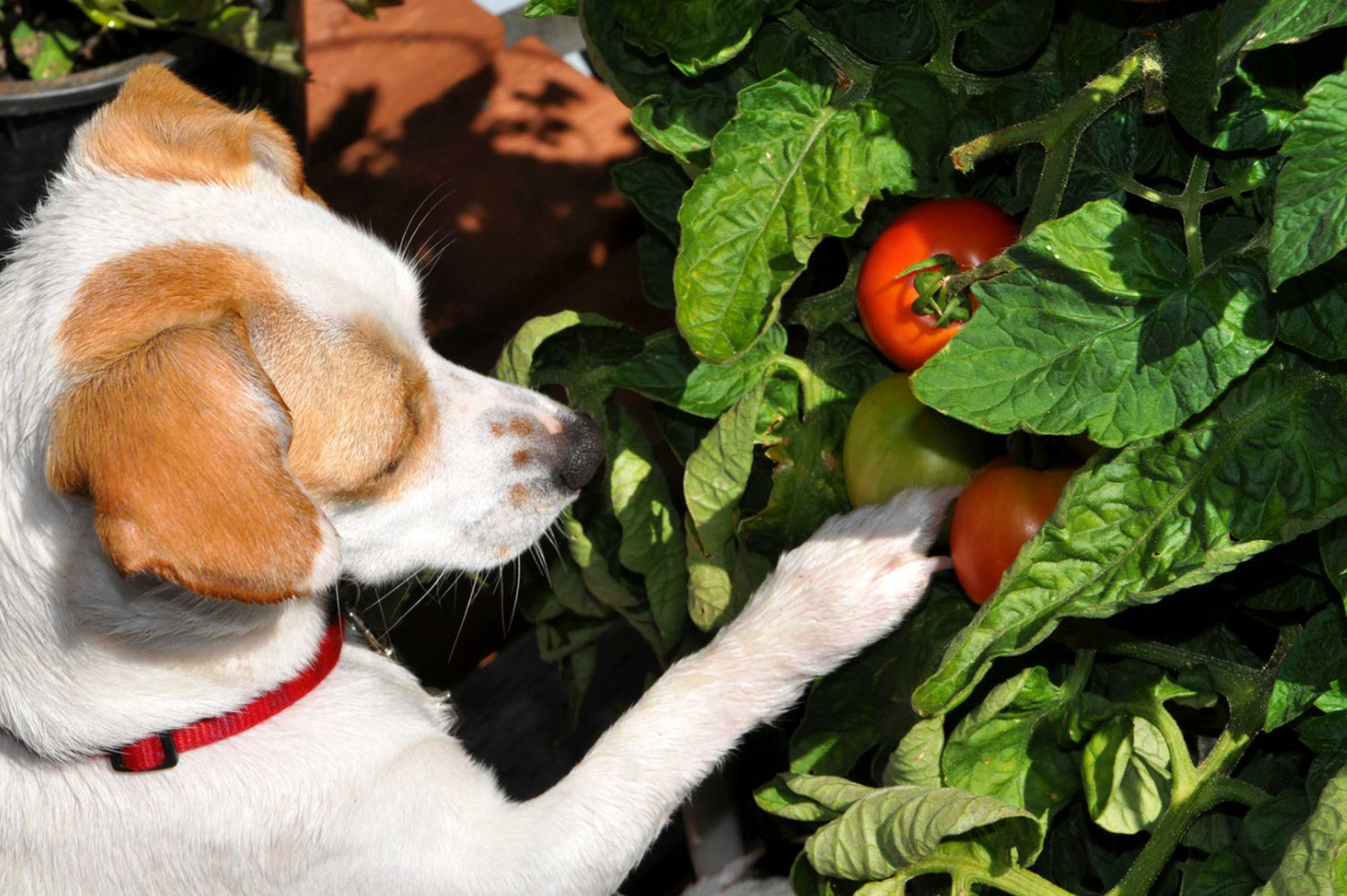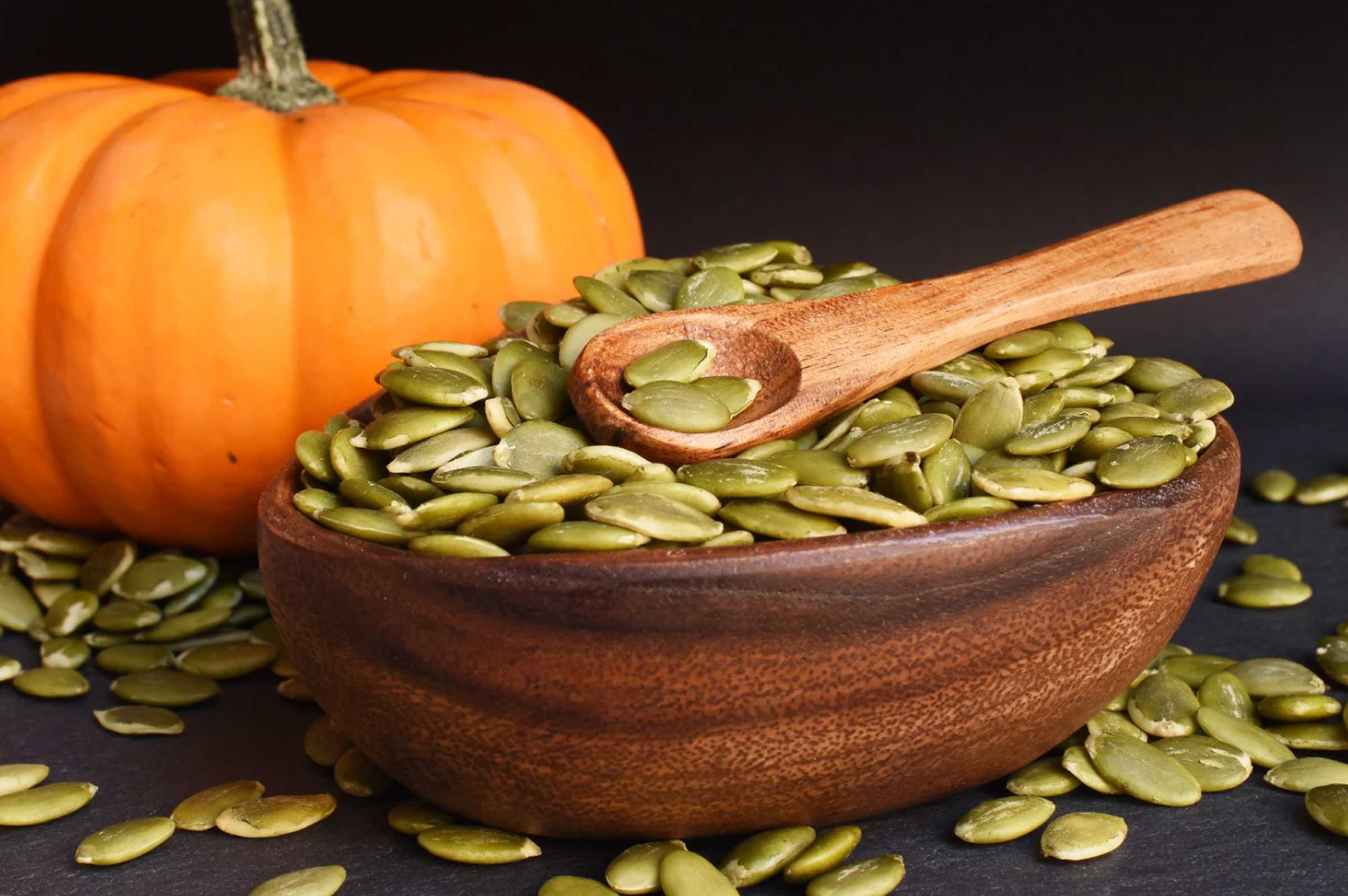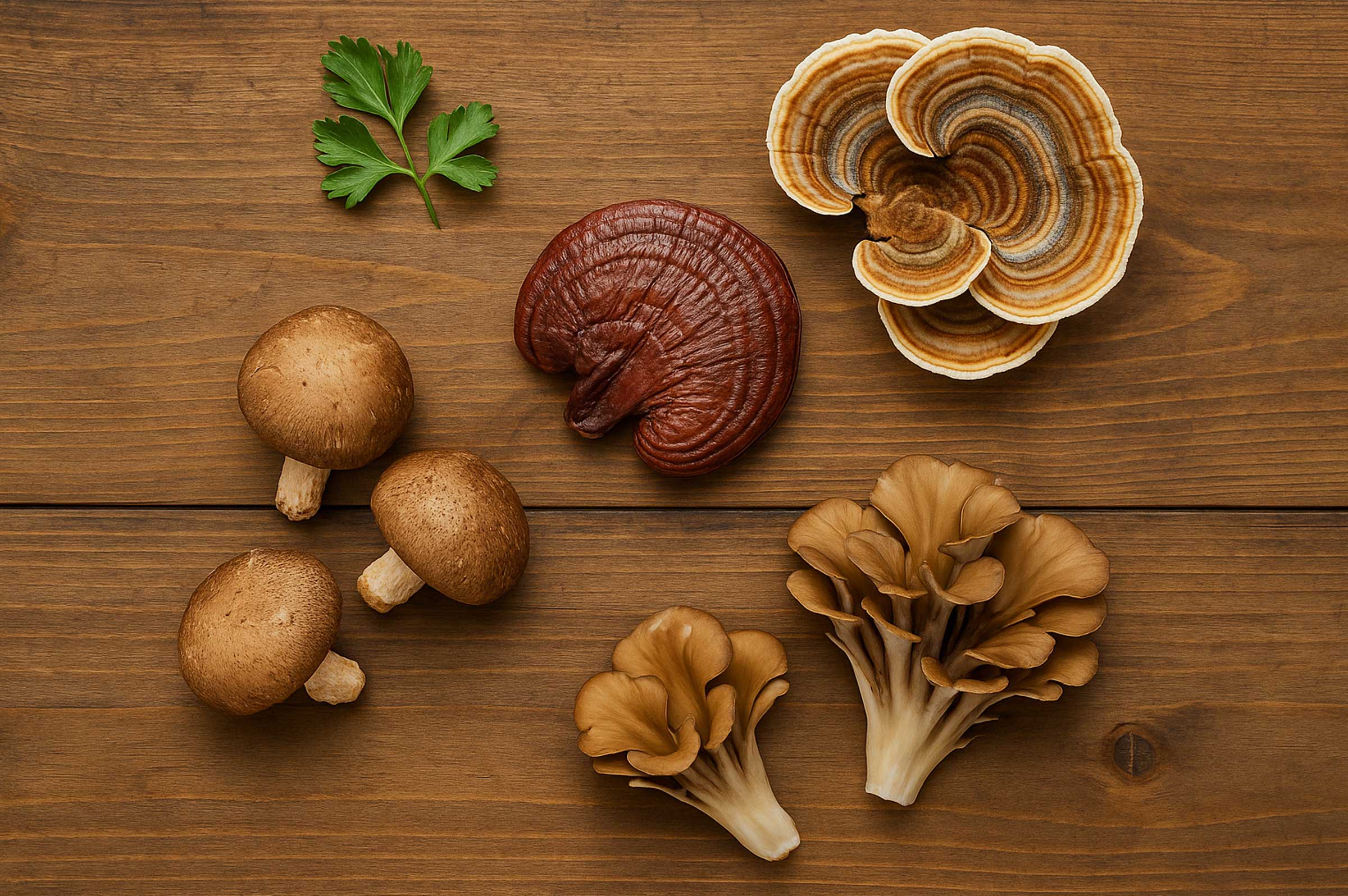Bringing a bit of greenery into your home can brighten up any space—but if you share your life with a dog, not all plants are safe. Many common houseplants and herbs may seem harmless but can cause serious health problems if your pup decides to nibble. On the other hand, there are pet-safe plants and natural herbs that not only add life to your space but can also support your dog’s wellness in subtle, beneficial ways.
In this guide, you’ll discover safe, non-toxic plant options and learn how certain herbs can even support your dog’s health naturally. Whether you’re looking to create a calming atmosphere, freshen indoor air, or promote natural wellness, these pet-friendly picks will make you feel confident about greening up your home.
What Common Houseplants Are Safe for Dogs?
Are spider plants a good option for pet-friendly homes?
Yes—spider plants are a favorite among dog owners. They’re easy to grow, tolerate indirect sunlight, and help purify indoor air. Most importantly, they are non-toxic to pets. Even if your dog gets curious and takes a bite, there’s little risk. While overeating any plant material could cause mild stomach upset, spider plants won’t pose a threat to your pup’s health.
Can African violets brighten a home without harming pets?
Absolutely. African violets are colorful, low-maintenance houseplants that are safe to keep around dogs. These vibrant blooms thrive in moderate light and don’t require much watering. Their soft texture and compact size make them an excellent choice for shelves or windowsills, far from wagging tails but still within safe reach if sniffed or pawed.
Which Culinary Herbs Can Be Grown Safely Around Dogs?
Is basil a safe and healthy choice for my dog’s environment?
Basil is more than just a kitchen staple—it’s a pet-safe herb with natural antioxidant and anti-inflammatory properties. While your dog shouldn’t eat large amounts, a few leaves here and there aren’t harmful and may even support immune function. Growing basil indoors near a sunny window adds fragrance and peace of mind.
What makes parsley a dog-friendly herb worth planting?
Flat-leaf parsley (not spring parsley, which can be toxic) is safe in small amounts and can freshen your dog’s breath naturally. It’s best to avoid feeding large quantities, but sprinkling a little fresh parsley on your dog’s food may support digestion and kidney health. It also makes a great indoor plant for a sunny kitchen counter.
How Can Certain Herbs Promote Natural Wellness in Dogs?
Can rosemary provide benefits beyond flavor?
Yes—rosemary is a dog-safe herb with natural antimicrobial and antioxidant properties. It’s often used in pet supplements for joint support and memory health. Studies show that rosemary is even good for helping dogs control diabetes! While your dog shouldn’t eat a bush full of rosemary, the leaves can be used in moderation, and the aroma itself may have a calming effect in your home.
What role can thyme play in a pet-safe home?
Thyme is another herb that is safe for dogs when used in moderation. This hardy herb contains compounds that may support respiratory health and help fight off bacteria. It’s often included in natural dental chews for dogs, and growing it indoors adds both flavor to your meals and gentle support to your dog’s environment.
Are There Indoor Plants That Support Pet Wellness Naturally?
Can lemongrass offer calming benefits without risk?
Lemongrass is generally safe when grown indoors in pots, but it should be placed where your dog won’t chew on it directly. While essential oils made from lemongrass must be used cautiously, the live plant can offer a fresh scent that may help create a relaxing environment. Studies even show that it can help repel and reduce ticks, making it a fresh alternative to using potentially toxic insect repellants indoors! Just trim it regularly and keep out of reach to avoid overconsumption.
How does chamomile help support a soothing environment?
Chamomile is best known for its calming properties, and growing the plant indoors can bring those same benefits to your space. While dogs can safely consume small amounts of German chamomile, the scent alone may help reduce anxiety. Always consult your vet before offering chamomile tea or extracts, but keeping the plant nearby is a safe first step.
What Should You Know About Growing Plants Around Dogs?
How can I make sure my dog stays safe around houseplants?
Even with non-toxic plants, supervision is key. Dogs explore the world with their mouths, and chewing too much of any plant—even safe ones—can lead to mild digestive issues. Use sturdy pots, place plants out of reach when possible, and monitor your dog’s behavior around greenery. Some pets lose interest quickly, while others might need extra training.
What should I avoid when setting up a pet-friendly indoor garden?
Stay away from popular but toxic plants like lilies, philodendrons, and pothos. These can cause vomiting, drooling, or worse if ingested. Also avoid using chemical fertilizers or pesticides indoors, as dogs may inhale or absorb them through their paws. Choose organic, natural growing methods to ensure your indoor garden stays truly pet-safe.
Ready to Add Natural Support to Your Dog’s Wellness Routine?
Houseplants and herbs don’t just beautify your home—they can play a gentle, supportive role in your dog’s well-being when chosen carefully. Whether you’re nurturing a pot of parsley or enjoying the scent of rosemary in your kitchen, you can feel confident knowing your greenery is safe for your furry family member.
For added health support, turn to trusted natural supplements that work alongside your pet-safe environment. VetSmart Formulas offers veterinarian-formulated products made with ingredients that work in harmony with your dog’s body. Explore our full line today and help your pup feel their best—naturally.











